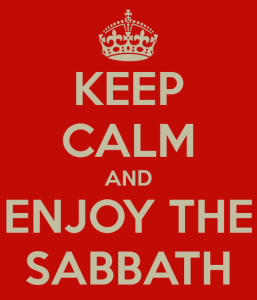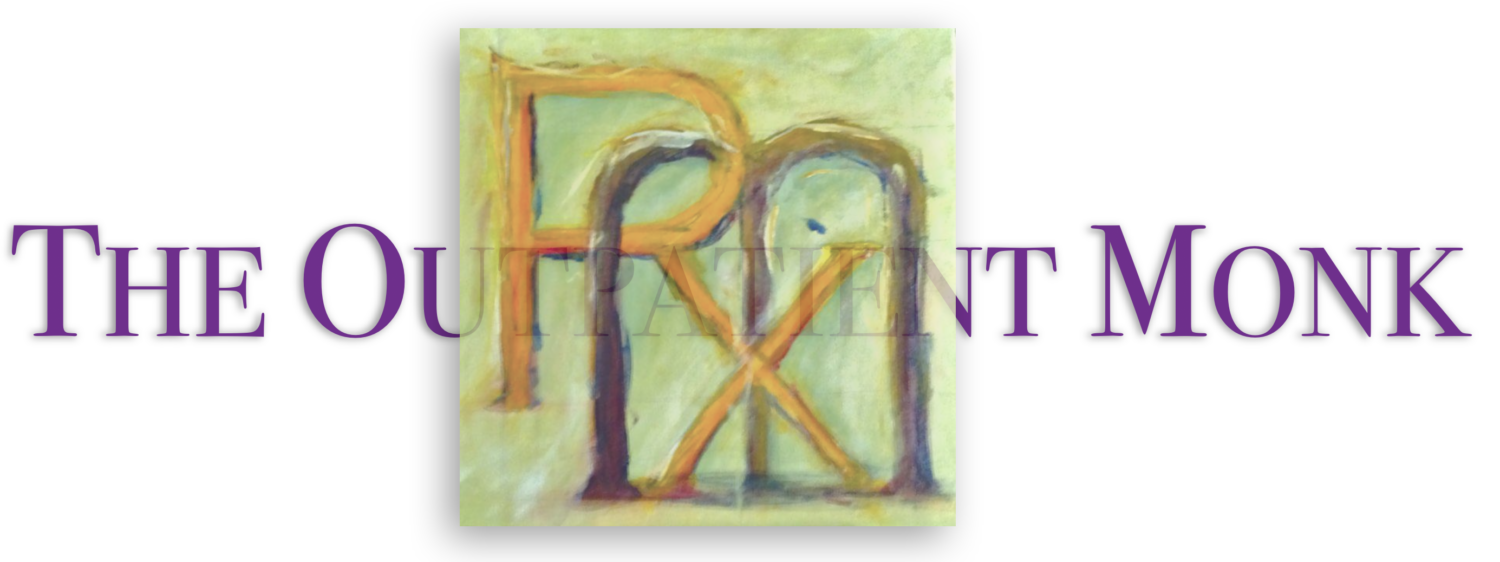Last updated on October 6, 2014
 The change of seasons may be slow and subtle in Austin, but the transition from summer to, well, an equally-as-hot-Autumn still inspires making some changes. After a lot of thinking I have decided to cut my job, not quit, just cut. Between working my “normal” 40 hours a week job and doing to personal and freelance work, I find I am busy, too busy, and that busy-ness has become my spirituality.
The change of seasons may be slow and subtle in Austin, but the transition from summer to, well, an equally-as-hot-Autumn still inspires making some changes. After a lot of thinking I have decided to cut my job, not quit, just cut. Between working my “normal” 40 hours a week job and doing to personal and freelance work, I find I am busy, too busy, and that busy-ness has become my spirituality.
It is not particularly original to critique our pre-occupied, agenda driven lives. Who hasn’t heard the phrase, “We are human beings, not human doings.” It is a quick quip trying to remind us we aren’t entirely defined by how much we can get done or constantly be doing. Yet I don’t think that a clever aphorism really addresses the seriousness of our addiction, my addiction to busy-ness.
There are so many resources available on my FaceBook feed advising me how to get better sleep, be more effective at work, make more friends in less time than ever and generally get things done. “Life Hacks:” the art of shaving moments off of our inflated to-do list so we can…schedule more things. These are tricks, hacks , that chip at the stuff of life as if life really were an operating system that, if we merely learn how to trick it, to hack it, we could force it to behave more the way we want it to. That has not been my experience. Life does not behave so predictably, even if hacked.
Gary Wolf at wired writes about efficiency Guru David Allen’s approach to life, “ Allen’s approach is not inspirational. Instead, it is detailed and dry. But within his advice about how to label a file folder or how many minutes to allot to an incoming email there is a spiritual promise. He says there is a state of blessed calm available to those who have taken careful measure of their habits and made all the changes suggested by reason. Nirvana comes by routine steps, as an algorithm drives a machine.”
While I don’t think it is the point of Mr. Wolf’s article, it does seem to demonstrate the spiritual aspects of our obsession with efficiency. Busy-ness is world-view, it is a practice, or more accurately, a set of practices that we let narrate our lives. We often judge ourselves and each other by the sheer amount of things we can check off a to do list.
I realized, while carefully “booking” time with my closest friends that even though I made sure I had time with them, a lot of that time was pre-occupied, meaning part of me was already on to the next agenda item. It was occupied by other concerns, in advance.
There comes a point at which I have to decide whether I am more terrified of having to tighten an already tight budget or of becoming the kind of person that never stops for anything.
At the near-center of Christian spirituality is a way of life that is built on an economics of abundance and trust rather than scarcity, fear, and competition. Those are fundamentally different sets of convictions that are shaped by and shape our habits and movement in the world.
At the core there is a fear that we aren’t burning bright enough, being significant enough, or keeping up with being over-entertained enough. One of the first symptoms I noticed my life was going a direction I didn’t want it to go was a full calendar. Stuffed. Wall to wall appointments.
I really believe that honoring the Sabbath is the life-hack for our generation. Emptying out our days reminds that full days are not, in and of themselves, a virtue. A Sabbath does give us a chance to actually experiment and experience what is like to be a human being. It is about presence.
Emptying out our days reminds that full days are not, in and of themselves, a virtue. A Sabbath does give us a chance to actually experiment and experience what is like to be a human being. It is about presence.
For Israel, who was wandering in the wilderness, the Sabbath is a reminder that getting to the promised land cannot be rushed by an extra day a week of walking. What will get us to the promised land is the presence of God.
And it took them 40 years, not just to get from point A to point B, but to be changed by the journey so that they would be the right community when they got there.
God’s promised land is a very different place than David Allen’s efficient Nirvana.
At the heart of our busyness is the fear of scarcity and belief that we do not have enough time in the world to leave our mark. At the heart of a Sabbath-life architecture is abundance and trust because at the heart of a sabbath structured life is the God who not only gives our lives meaning but who determines what a meaningful life really is.
The world is full of brilliant people, efficient people, talented people, powerful  people, and yet we still find ourselves spent, angry, at war, and above all, lonely. Maybe what the world needs most from me is not to compete with any of these kinds of people, but simply to try to be a deep person, a present one. It is not just important to get the dishes done, but to be aware of the fact and I am doing the dishes and that God is there in the sink with me.
people, and yet we still find ourselves spent, angry, at war, and above all, lonely. Maybe what the world needs most from me is not to compete with any of these kinds of people, but simply to try to be a deep person, a present one. It is not just important to get the dishes done, but to be aware of the fact and I am doing the dishes and that God is there in the sink with me.
According to Bartolomé de las Casas, when the European Conquistadores were slaughtering thousands of people on their so called missionary journeys, native South Americans would hear rumors that the if they were to convert to the god the Europeans worshipped, their lives might be spared. So they sent spies ahead to observe the Conquistadores and decided to worship their god before they were invaded. So they gathered together all their gold and worshipped it, for that is the god around which the the lives of the Conquistadores seemed to revolve.
I wonder at what the spies on my life would say that I worship? Is it the light blue glow of the face of my SmartPhone that has won my adoration. Is my god in the, “cloud,” dictating the order of my life?
Here is the ultimate life-hack, that I would structure the rhythm of my life around a day cleared out solely for being present to God, that I would fear neither my to-do list nor my own insignificance more than I would trust in the one who made this earth out of nothing.



That is the best argument for the Sabbath I’ve heard in a long time.
I agree that efficiency isn’t really all that it’s cut out to be. We use Peter Drucker management techniques to apply to our personal lives and our spiritual beings. These things run on a different trajectory — a different schedule that can’t be “managed” in the same way
A really brilliant analysis linking the ancient commandment with the temptations and distractions of current society. “Keeping the Sabbath day holy” was, for me in the past, a list of things not to do. Doug illuminates here the blessings and peace that it can bring to our lives.